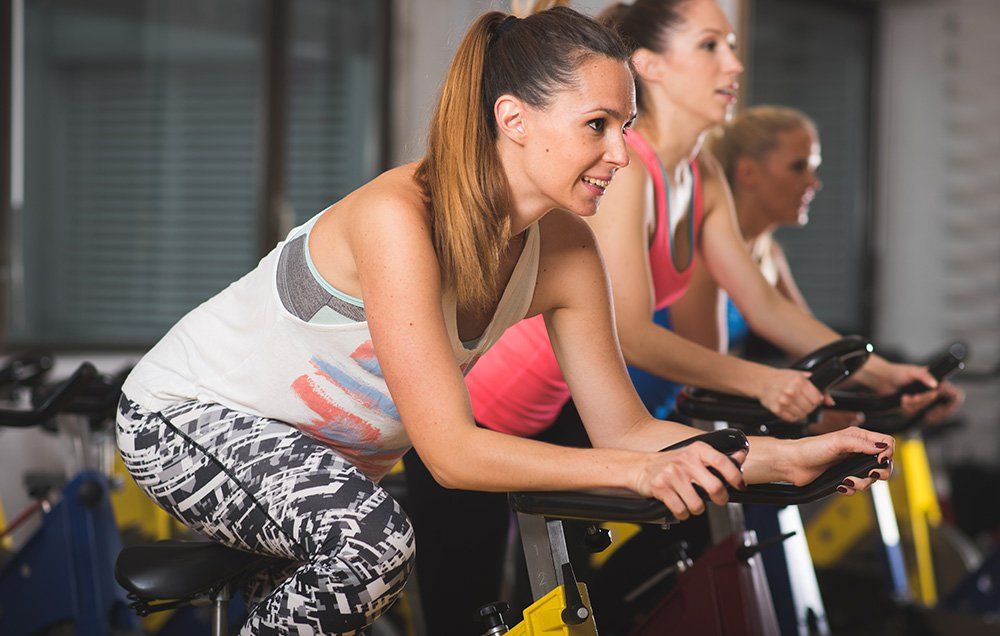
Muscle stiffness is one of the most prevalent causes of muscle pain. It is also known as muscle tension, rigor, or soreness. It is defined by the muscles’ inability to relax naturally. The illness can affect any of the body’s muscles, generating severe discomfort and making mobility difficult.
Muscle stiffness is a sensation of muscle rigidity that typically causes discomfort and makes movement difficult. Muscle stiffness can occur as a result of misuse of a specific muscle or as a symptom of an underlying illness.
Most people who suffer from muscle stiffness do not know the proper ways to quickly relieve it. Here are several tips that will help you relieve your muscle stiffness.
Apply a Heat Pack
Warming up a stiff muscle causes your blood vessels to dilate. This increases the amount of blood, oxygen, and nutrients given to the wounded tissues. Better circulation causes less stiffness in the muscles and joints. Complementing heat therapy with products like cbd cooling cream can provide additional soothing relief and help reduce inflammation effectively.
Make sure that you use a heating pad when warming stiff muscles to avoid unnecessary burns at the point of contact. If you have an acute injury or are experiencing a flare, avoid heat. If you experience a quick beginning of swelling and redness due to overdoing it yesterday, you should use cold treatments for a few days. Cold has the opposite impact of heat in that it inhibits blood flow and inflammation.
Sleep
Sleep is an extremely effective technique for reducing muscular stiffness and increasing muscle mass, as well as for maintaining a healthy lifestyle. Human growth hormone (HGH) and other muscle-building substances are naturally created by your body during deep sleep. To truly aid your body’s recovery from muscle stiffness, aim for a minimum of 7 hours of sleep.
If you’re having trouble getting into the deep sleep needed for a healthy recovery, try practicing deep and calm breathing and turning off all devices one hour before bedtime. Taking a salt bath can also aid in achieving a condition of deep, restful sleep.
Important muscle-building growth hormones are secreted during sleep. This hormone production typically occurs during deep sleep, also known as non-REM sleep stage three. Muscles relax while sleeping as well. This relaxation relieves tension in your muscles and can alleviate muscle stiffness.
Your blood pressure decreases when you sleep, and your breathing becomes deeper and slower. Because your brain is at rest with little activity, the blood flow to your muscles rises, bringing extra amounts of oxygen and nutrients that aid in their mending and growth. During this stage of sleep, muscles and tissues are renewed.
Sleep is a truly regenerative process in which your body can repair, rebuild, and adapt. For this reason, sleeping is the most effective way to relieve your muscle stiffness.
How to Improve Muscle Recovery While Sleeping

1 – Get at Least 8-10 Hours of Sleep
As previously said, the more sleep you get, the more HGH is generated to repair and nourish your
muscles.
2 – Get Comfortable
Muscle stiffness can also be a result of your sleeping position. The American Chiropractic Association, for example, recommends sleeping on your side or back, using cushions for added comfort, such as between the knees to keep the spine aligned or lower back for lumbar support. Stomach sleeping is not advised since it strains the lower back. You can also try a new mattress for side sleepers with back pain to improve your muscle recovery.
3 – Hydrate
Since a shortage of electrolytes contributes to muscular stiffness, you must stay hydrated throughout your workout. Because your muscles are working harder, they want more oxygen and hence require more blood circulating – approximately 82 percent of your blood volume is made up of water, thus hydration is far more vital and effective than merely relieving your thirst.
Keep a water bottle with you during training and take a sip of water after each set or every five minutes of cardio, such as on a treadmill. You should also make sure to refill any fluids lost during your workout after you’ve completed it. Drinking fresh coconut water or an electrolyte drink after your workout will help prevent dehydration, which can exacerbate muscle stiffness. Avoid beverages that are heavy in sugar, salt, or caffeine, as they might contribute to dehydration.
4 – Stretch
Stretching improves circulation, helps realign muscular imbalances, promotes a range of motion, and lowers your chance of developing chronic aches and pains as a result of bad posture or tight muscles. Muscle tension and stiffness can harm your posture by forcing your spine into postures that inflict strain on your back, neck, and core muscles. That is why stretching is essential.
When you stretch a muscle, your body responds by boosting blood flow to that area. The blood arteries surrounding the targeted muscle dilate to allow more blood to flow through, and your heart begins to pump more blood. This increase in blood flow allows the stretched muscle or muscles to obtain more oxygen and clear itself of metabolic waste products.
How to Properly Stretch:
Warm-up for 5 minutes with dynamic stretches. Dynamic stretches force your joints to move through their whole range of motion. These activities might help lubricate your joints and make static stretches more comfortable. Arm and leg circles, squats, and knee to chest stretches are all good options.
Also, use static stretches that target the stiffened muscles specifically. Static stretches involve lengthening a muscle and holding the stretch for 20-60 seconds. Always begin an exercise with dynamic stretching and end with static stretching.
5 – Stay Moving
When you have muscle stiffness, the last thing you want to do is move your aching muscles. Active recovery, in which you execute mild, restorative movements, on the other hand, can be one of the most powerful techniques you can utilize to substantially reduce the amount of muscular soreness you experience.
Light walking can help stretch stiff muscles and provide pain relief by keeping your muscles working. Going for a walk or using the stairs rather than the lift will assist.
Moving can be unpleasant at first, but after a few minutes, as the blood circulates and the muscles warm up, it usually begins to feel better. Slow, gentle moving of the area will assist to ease tightness and pain.
Don’t Let Soreness Ruin Your Next Workout
Muscle stiffness is common after changing workout routines, overusing muscles, or being physically sedentary for an extended length of time. Muscle stiffness might also be caused by an underlying ailment. It is most usually treated at home by stretching the stiff muscle, administering heat, hydrating, sleeping, and moving the muscle. Depending on the underlying issue, more intensive treatments may involve physical therapy and drugs.



